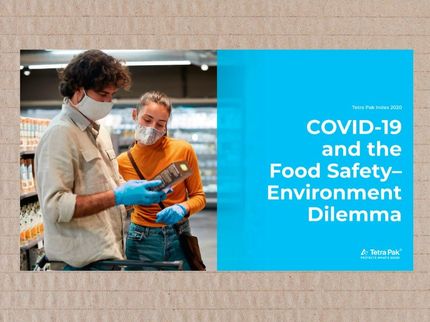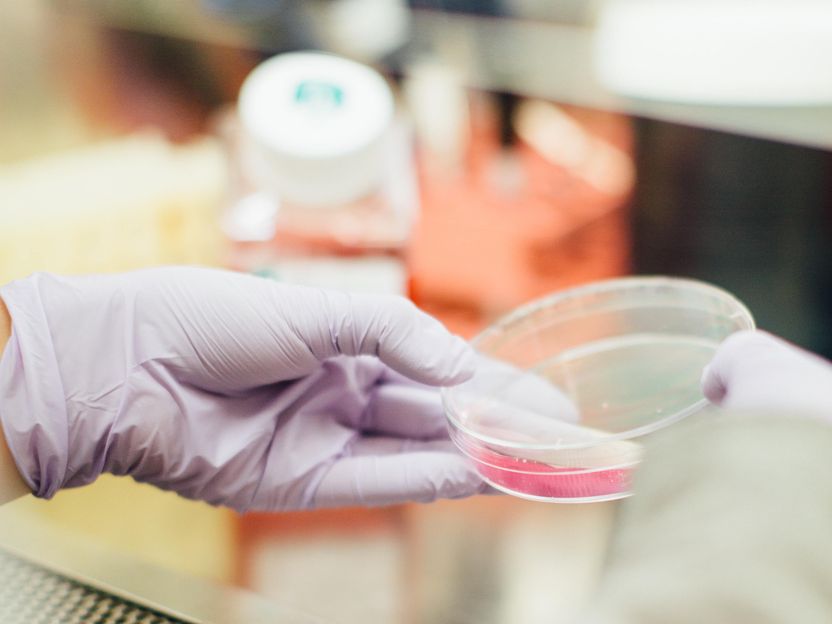Nestlé inaugurates packaging research institute, first-of-its-kind in the food industry
Nestlé today officially inaugurated the Institute of packaging Sciences, the first-of-its-kind in the food industry. The new Institute enables Nestlé to accelerate its efforts to bring functional, safe and environmentally friendly packaging solutions to the market and to address the global challenge of plastic packaging waste.
Speaking at the inauguration, Mark Schneider, Nestlé CEO, said, "Our vision is a world in which none of our packaging ends up in landfill or as litter. To achieve this we introduce reusable packaging solutions and pioneer environmentally friendly packaging materials. Furthermore, we support the development of local recycling infrastructure and deposit schemes to help shape a waste-free world. The Nestlé Institute of Packaging Sciences enables us to create a strong pipeline of sustainable packaging solutions for Nestlé products across businesses and markets."
The Nestlé Institute of Packaging Sciences focuses on a number of science and technology areas, such as refillable or reusable packaging, simplified packaging materials, recycled packaging materials, high-performance barrier papers as well as bio-based, compostable and biodegradable materials.
Stefan Palzer, Nestlé CTO said, "Reducing plastic waste and mitigating climate change effects through cutting-edge technology and product design are a priority for us. Nestlé experts are co-developing and testing new environmentally friendly packaging materials and systems together with our development centers, suppliers, research institutions and start-ups. Located at our Nestlé Research facilities in Lausanne, Switzerland, the Institute also leverages our existing research capabilities in food safety, analytics and food science."
Commenting on the inauguration, Sander Defruyt, New Plastics Economy Lead at the Ellen MacArthur Foundation, said: "Nestlé was one of the first companies to sign the New Plastics Economy Global Commitment, setting concrete targets to eliminate plastic waste and pollution at the source. It is great to see the world’s largest consumer goods company now increasing its research focus and capacity to deliver on these ambitions."
Nestlé is already making progress towards its 2025 packaging commitments, and has launched novel packaging solutions. For example, Nestlé packaging experts and suppliers developed products in recyclable paper packaging such as the Nesquik All Natural cocoa powder and the YES! snack bars in under 12 months.
The Institute is part of the company’s fundamental research entity Nestlé Research in Switzerland, reaffirming Nestlé’s commitment to further strengthen the unique Swiss innovation ecosystem. Speaking at the official opening, Philippe Leuba, State Councilor of the Swiss Canton of Vaud, said: "This new institute will strengthen our Canton as a center of excellence when it comes to the food value chain and allow the development of innovative packaging solutions that respect the environment and sustainable development. Waste management, a global challenge, will now benefit from an innovation ecosystem in the Canton of Vaud made up of universities as well as research centers from major private sector players such as Nestlé."
Other news from the department business & finance
Most read news
More news from our other portals
See the theme worlds for related content
Topic world Food safety
Food safety is at the heart of the food and beverage industry. It ensures that the food we eat every day is not only nutritious, but also free of harmful contaminants. From field to plate, the industry monitors and regulates every step of the process with strict quality controls, advanced testing methods and continuous research.

Topic world Food safety
Food safety is at the heart of the food and beverage industry. It ensures that the food we eat every day is not only nutritious, but also free of harmful contaminants. From field to plate, the industry monitors and regulates every step of the process with strict quality controls, advanced testing methods and continuous research.




























































